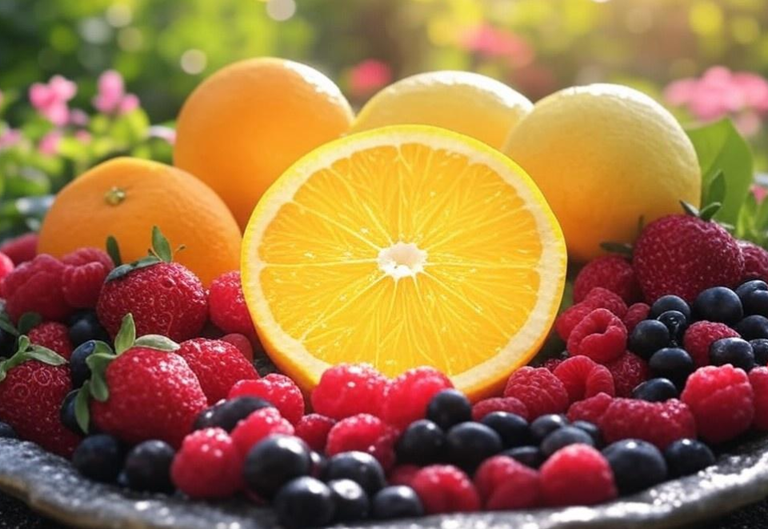Alright, so here’s the tea: humans, unlike most animals, are straight-up incapable of making their own vitamin C. Like, our bodies literally gave up on this skill ages ago. Why? Because somewhere along the evolutionary road trip, we had a genetic "oopsie" moment.

See, there’s this gene responsible for producing an enzyme called L-gulonolactone oxidase (let’s just call it GLO, ‘cause who’s got time to say all that). This enzyme handles the final step in making vitamin C in the liver. But guess what? In humans, guinea pigs, bats, and a few other unlucky species, this gene is basically just sitting there like a couch potato—totally useless.
Scientists think this genetic mess-up happened about 60-75 million years ago, around the time our ancestors started eating a ton of fruit. They probably thought, “Why bother making vitamin C if we’re snacking on it all day?” Classic laziness. But joke’s on us now—no fruit, no vitamin C, no vibes.
So, Why Do Other Animals Get the Easy Life?
Biosynthesis Pros:
Most animals, like dogs, cats, and birds, have their GLO gene fully operational. They can whip up vitamin C from glucose like it’s no big deal. Their bodies are basically running on autopilot, cranking out that sweet, sweet ascorbic acid without lifting a paw.Evolutionary Cheating:
Meanwhile, we’re stuck on “hard mode.” Evolution saw our fruit-heavy diets and decided we didn’t need the extra help. That’s like canceling your car insurance just because you haven’t had an accident yet. Bad call, evolution.
What Happens When You Don’t Get Enough Vitamin C?
Okay, if you’re slacking on eating your oranges and kiwis, things can go south real fast. Here’s the breakdown:
Scurvy (a.k.a. pirate disease): You start looking like you just walked out of a zombie movie—bleeding gums, gross wounds, wobbly teeth, joint pain. Not a good look.
Wound healing? Nah: Without vitamin C, your body’s collagen production slows down to a crawl. That means cuts and scrapes take forever to heal, and you’re more prone to infections.
Weak immune system: Want to spend flu season sneezing your face off? No? Then eat your damn fruits.
Bruise city: Your blood vessels get super fragile, so even a light bump leaves you looking like you got into a bar fight.
Feeling like crap: Tired? Sore? No appetite? Congrats, you’re probably low on vitamin C.
Mental health chaos: No vitamin C, and suddenly your mood’s tanking, anxiety’s spiking, and you’re wondering why life feels like a Monday that won’t end.
Oh, and long-term vitamin C deficiency? That can lead to big problems like heart disease, high blood pressure, and even cancer. Yup.
How to Not Die of Scurvy (It’s Pretty Easy)
The solution? Just eat your fruits and veggies, bro. Citrus fruits, strawberries, bell peppers, broccoli—these are your besties. Keep them close. Honestly, it’s not that hard, and your body will thank you.
So yeah, we might not have that sweet auto-vitamin-making feature, but at least we’ve got smoothies. Silver linings, am I right?
This is very interesting, thanks for your post! I'd like to add another point: There's a lot of other plants providing Vitamin C, not only fruits and vegetables (at least in winter our ancestors probably couldn't find so many). Wanna get rid of your Christmas tree (if it's an organic fir tree), eat the needles - full of vitamin c. You want to clean up your garden and destroy nettles and purslane? Don't! They're full of vitamin c. Even in winter you can find a lot of chickweed, which is..you know what I want to say. And there are many more options (they can vary in other countries, this is what I'm experiencing here in Germany) 🌿
Most of the animals that can make Vitamin C, have faster digestive clearance (I think). You may find a correspondence there, that the more carnivorous an animal is the more likely it is able to produce Vitamin C